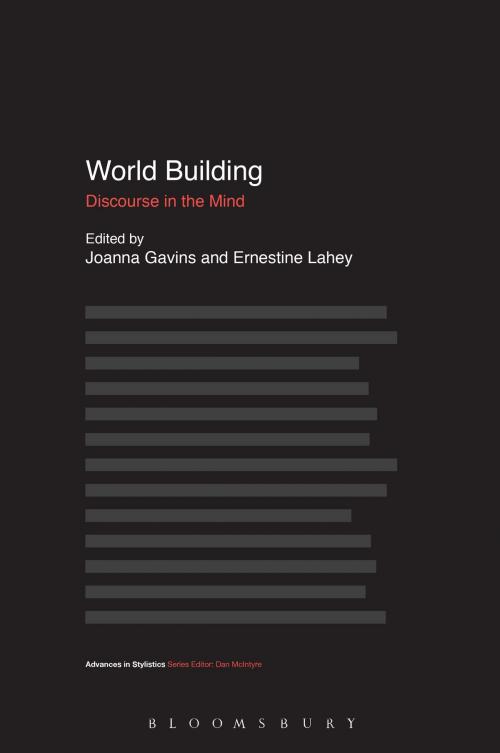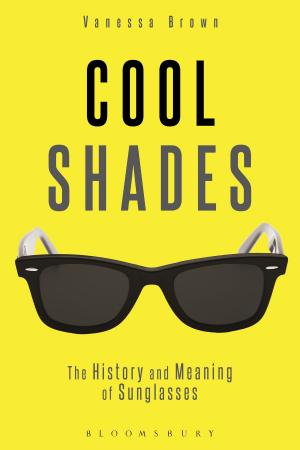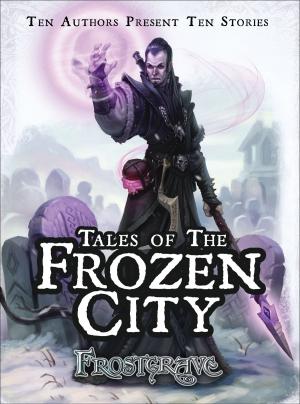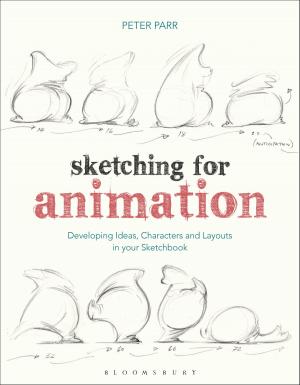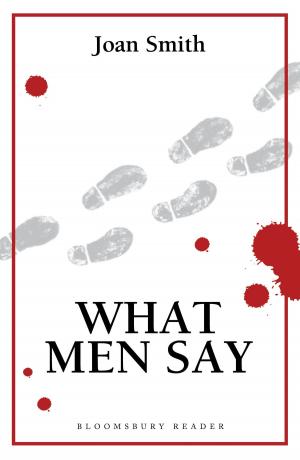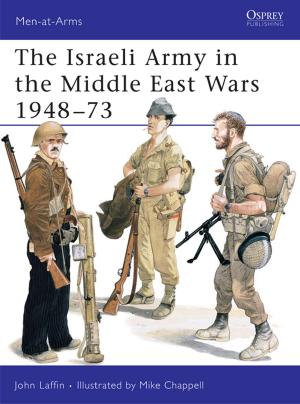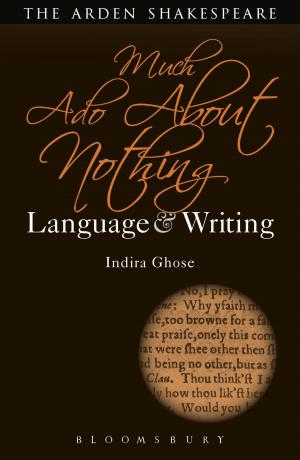World Building
Discourse in the Mind
Fiction & Literature, Literary Theory & Criticism, Poetry History & Criticism, Nonfiction, Reference & Language, Language Arts, Linguistics| Author: | ISBN: | 9781472586551 | |
| Publisher: | Bloomsbury Publishing | Publication: | June 30, 2016 |
| Imprint: | Bloomsbury Academic | Language: | English |
| Author: | |
| ISBN: | 9781472586551 |
| Publisher: | Bloomsbury Publishing |
| Publication: | June 30, 2016 |
| Imprint: | Bloomsbury Academic |
| Language: | English |
World Building represents the state-of-the-discipline in worlds-based approaches to discourse, collected together for the first time. Over the last 40 years the 'text-as-world' metaphor has become one of the most prevalent and productive means of describing the experiencing of producing and receiving discourse. This has been the case in a range of disciplines, including stylistics, cognitive poetics, narratology, discourse analysis and literary theory.
The metaphor has enabled analysts to formulate a variety of frameworks for describing and examining the textual and conceptual mechanics involved in human communication, articulating these variously through such concepts as 'possible worlds', 'text-worlds' and 'storyworlds'. Each of these key approaches shares an understanding of discourse as a logically grounded, cognitively and pragmatically complex phenomenon. Discourse in this sense is capable of producing highly immersive and emotionally affecting conceptual spaces in the minds of discourse participants.
The chapters examine how best to document and analyze this and this is an essential collection for stylisticians, linguists and narrative theorists.
World Building represents the state-of-the-discipline in worlds-based approaches to discourse, collected together for the first time. Over the last 40 years the 'text-as-world' metaphor has become one of the most prevalent and productive means of describing the experiencing of producing and receiving discourse. This has been the case in a range of disciplines, including stylistics, cognitive poetics, narratology, discourse analysis and literary theory.
The metaphor has enabled analysts to formulate a variety of frameworks for describing and examining the textual and conceptual mechanics involved in human communication, articulating these variously through such concepts as 'possible worlds', 'text-worlds' and 'storyworlds'. Each of these key approaches shares an understanding of discourse as a logically grounded, cognitively and pragmatically complex phenomenon. Discourse in this sense is capable of producing highly immersive and emotionally affecting conceptual spaces in the minds of discourse participants.
The chapters examine how best to document and analyze this and this is an essential collection for stylisticians, linguists and narrative theorists.
